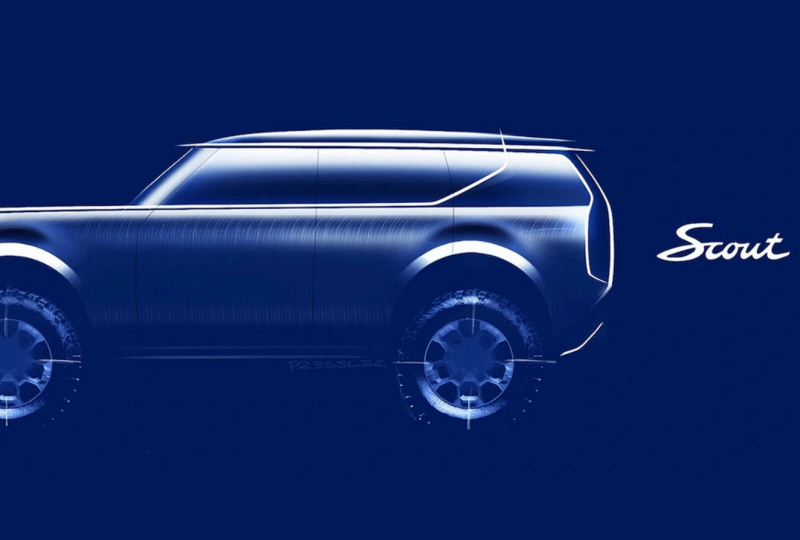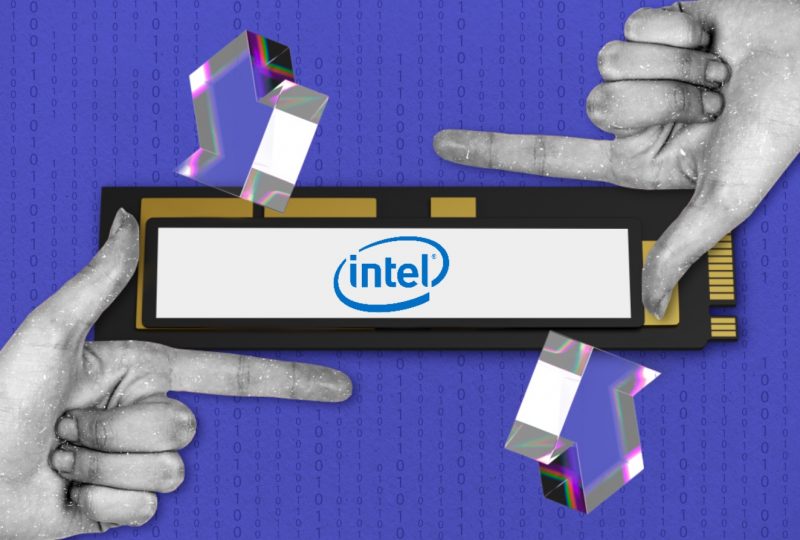VW Aims to Launch Scout, an EV Off-Roading Brand
May 11, 2022

Volkswagen Group is preparing to launch Scout, a new specialized EV business that will create an all-electric truck and a tough off-roading SUV for the American market. The business intends to build a rugged SUV and pickup truck by 2026.
According to persons acquainted with the company's preparations, the company's supervisory board, chaired by Hans Dieter Pötsch, will vote on the issue on May 11. The board is expected to endorse the concept.
The Scout brand will expand VW's influence in the United States, where many other manufacturers, including Ford, GM, Tesla, and upstart Rivian, intend to or are currently building electric pickup trucks. VW is avoiding the more competitive full-size truck market dominated by the Ford F-150, GMC Sierra, and Chevrolet Silverado. Instead, a C-segment pickup, similar to the Ford Maverick, is being developed.
According to insiders who asked not to be identified because they are not permitted to speak publicly about the project, the new brand, named after the classic International Harvester Scout that hit the market in the early 1960s, would begin producing the two EVs by 2026.
According to reports, Volkswagen Group aims to make almost $101 million investment in the new firm, with further investment to follow. This first contribution will be used to establish the company's structure, establish management, and begin hiring workers. According to reports, some future investments may come from outside sources and may not be confined to institutional investors. This might allow private equity or individuals to fund such an endeavor.
The Scout brand could assist VW Group CEO Herbert Diess in meeting a couple of lofty goals. VW aims to become the world's largest EV seller by 2025 and to double its market share in the United States to 10% by the end of the decade.
VW has further ambitions to increase its market share in the United States, including the introduction of a long-wheelbase passenger variant of its electric ID Buzz in the North American market in 2024. However, developing a completely new model indicates VW's intention to enter a market that had been dormant for the firm for years until the all-electric ID.4 came in 2021.
Volkswagen Group of America Chief Operating Officer Johan De Nysschen raised the possibility of resurrecting Scout as an EV off-roader during a media interview in the fall of 2021. VW acquired the Scout name after its commercial trucking unit Traton merged with Navistar in summer 2021. International Harvester discontinued producing the Scout in 1980 and went bankrupt five years later.
At the time, the COO envisioned a Rivian-like SUV for $40,000 – a significant discount from the real Rivian R1S SUV. A graphic shared with TechCrunch shows two suggested designs for the SUV and truck that combine elements of the old classic Scout with Rivian's flair.

Image credits: VW rendering shared with TechCrunch by an unidentified source
Sources specify that production of the electric cars will involve new technologies such as a proprietary platform optimized for SUVs with increased ground clearance. But it is not yet known where the company will be located and what technologies will be used for production.
It would be unusual for an independent brand to establish itself with new vehicles that won’t be built on VW's modular electric drive kit, or MEB, platform.
The MEB is a flexible modular system — essentially a matrix of common parts — used by VW Group brands such as Audi, Seat, Skoda, and Volkswagen to increase the efficiency and cost-effectiveness of making electric cars. The MEB already underpins around 30% of all-electric cars in the VW Group, including the Volkswagen ID.3, an electric hatchback offered only in Europe, as well as the Volkswagen ID.4 SUV and ID.5, as well as numerous models of the Audi Q4 e-tron. The manufacturer forecasts greater than 80% by 2025.
The Scout-branded cars will first be developed for the American market. According to reports, the platform might be utilized by other businesses in the future and worldwide. Other areas, such as Europe and South America, might benefit from the smaller C-segment truck.




